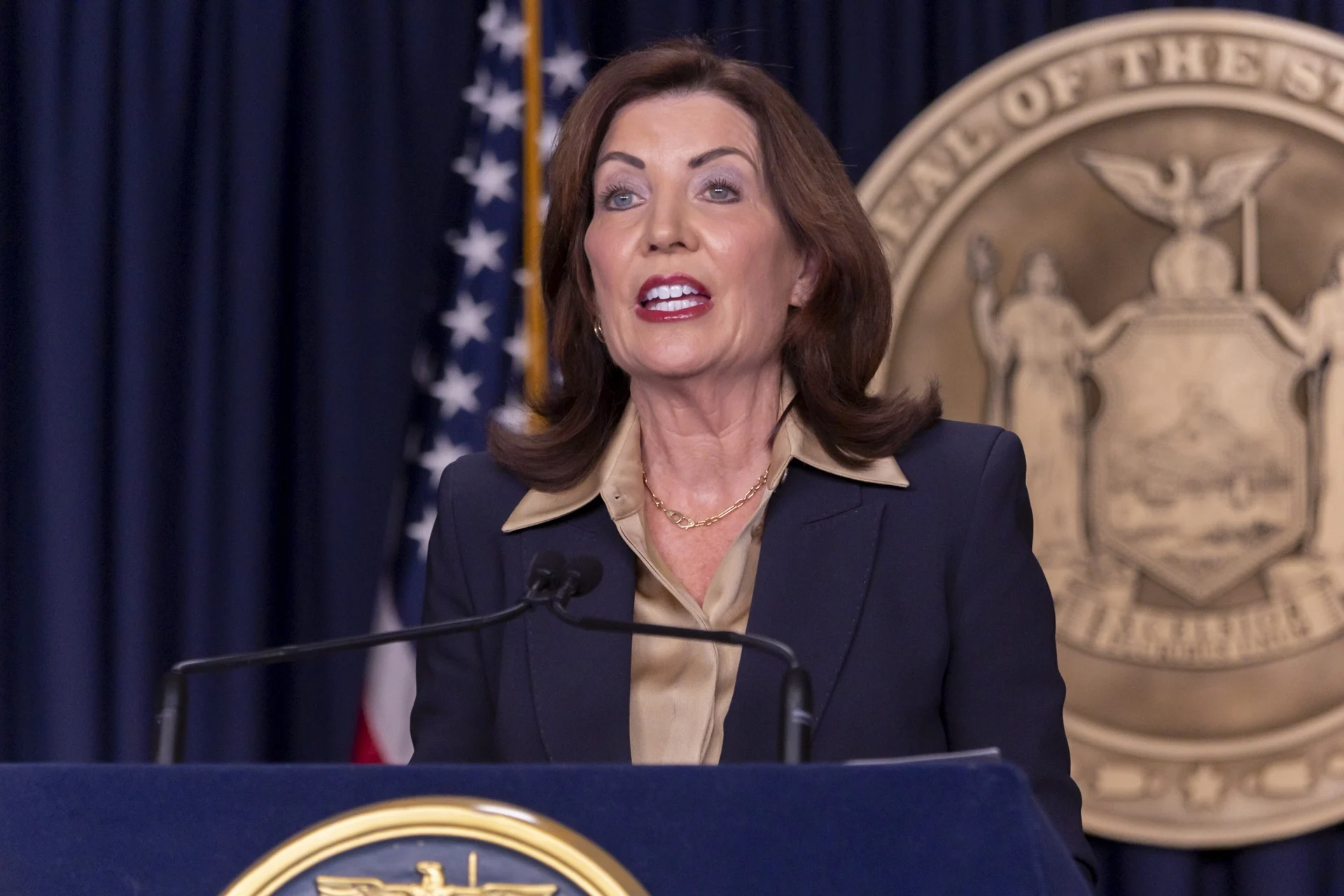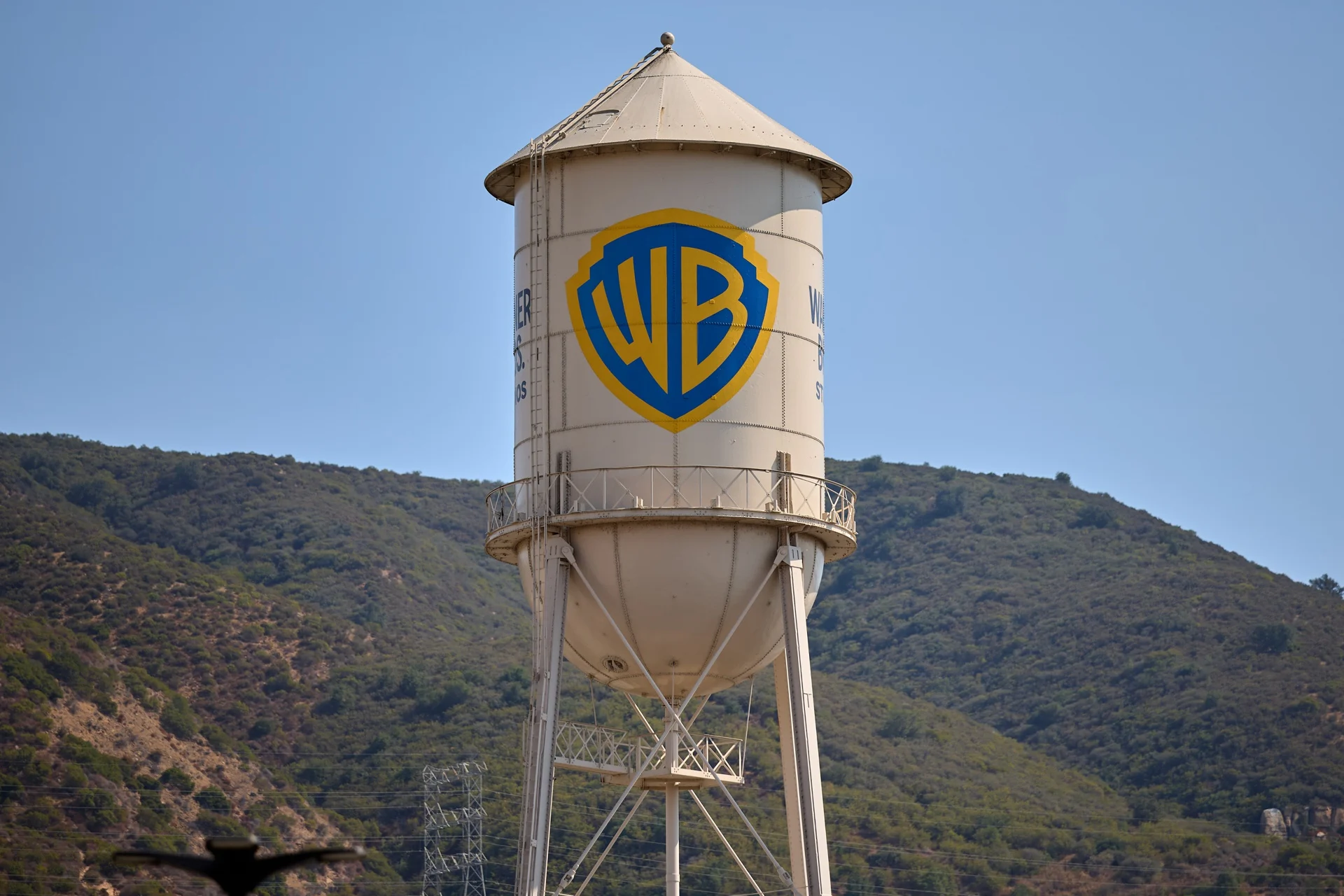International
Chile president declares ‘state of exception’ over Mapuche conflict
AFP
Chilean President Sebastian Pinera on Tuesday announced a state of emergency and deployed troops to two southern regions where clashes have broken out between Mapuche indigenous people and security forces.
The Mapuche are demanding the restoration of their ancestral lands and self-determination.
“We have decided to call a state of exception” in four provinces of the southern regions of Biobio and Araucania and the deployment of troops to help control “the serious disturbance of public order” there, Pinera said in a speech.
The billionaire right-wing president addressed the nation on a controversial national holiday that marks the “discovery” of the Americas by Christopher Columbus.
It is a day in history that is viewed as a disaster by many indigenous peoples throughout the Americas due to the colonization that followed.
Pinera, 71, said that the four provinces in question have seen “repeated acts of violence linked to drug-trafficking, terrorism and organized crime committed by armed groups,” and that innocent civilians and police officers have been killed in the violence.
The state of exception is initially due to last two weeks in the provinces of Biobio and Arauco in the Biobio region, and in Malleco and Cautin in La Araucania.
The Mapuche are Chile’s largest indigenous group numbering 1.7 million out of the country’s 19 million population and live mostly in the south.
Their leaders are demanding that land currently owned by farms and logging companies be restored to them.
The lack of a solution to Mapuche demands has prompted radical groups to carry out attacks on trucks and private property over the last decade.
One person was killed and 17 injured on Sunday when clashes broke out in Santiago between security forces and protesters marching for Mapuche autonomy.
– Possible escalation –
Political analyst Lucía Dammert criticized Pinera’s decision, saying that the deployment of troops could further intensify the Mapuche conflict.
“The government has been unable to generate an effective and fair policy to solve the problems that exist in Araucania,” Dammert, a professor at the University of Santiago, told AFP. She added that sending troops to the region could lead to “an escalation of violence.”
But Luciano Rivas, the ruling party’s governor of Araucania, backed the deployment saying there is “a very deep security crisis” in the region.
“Today we are living in a very complex situation where the police are overwhelmed by groups with heavy caliber weapons,” Rivas told CNN Chile.
International
New York Announces First 2,000 Seats in Universal 2-K Program

The Governor of New York, Kathy Hochul, and New York City Mayor Zohran Mamdani took another step today in their universal early education agenda by announcing the communities that will have access to the first 2,000 seats in the new 2-K program this fall — an initiative backed by a $73 million investment.
The funding is part of the $1.2 billion package previously unveiled by Hochul to strengthen child care and early childhood education across the city, one of the key campaign promises of the now Social Democratic mayor.
At the time of the announcement, the governor also outlined additional funds to reinforce the existing 3-K early education infrastructure, a program launched under former Mayor Bill de Blasio (2014–2021).
When the 2-K initiative was introduced in January, Mayor Mamdani explained that its first phase would offer 2,000 seats, with the goal of eventually expanding into a universal program — a commitment supported by the governor.
State investment in child care and preschool services is expected to increase to $4.5 billion by fiscal year 2027.
Among the first communities set to benefit from the 2,000 seats are Upper Manhattan and Inwood — areas with large Dominican populations — as well as Fordham and Kingsbridge in the Bronx, a borough with a Latino majority.
In East Brooklyn, Canarsie, Brownsville, and Ocean Hill will also be included. Meanwhile, Ozone Park and the Rockaways are among the neighborhoods that will see the rollout of the 2-K program.
International
Warner Bros. Developing First ‘Game of Thrones’ Movie With ‘Andor’ Writer

Warner Bros. is developing the first feature film based on the hit saga Game of Thrones, with Beau Willimon — screenwriter of Andor — attached to direct, according to a report published Tuesday by Page Six.
The project, currently in early development, will focus on the conquest of King Aegon I Targaryen. A separate television adaptation centered on the same historical storyline within the franchise is also in early stages at HBO.
However, the outlet noted that it remains unclear whether the film will move forward following the recent acquisition of Warner Bros. Discovery by Paramount Skydance.
If the merger is finalized, the movie could potentially be shelved, although that scenario appears unlikely given that the Game of Thrones franchise remains one of HBO’s most valuable and beloved properties.
After six seasons adapting the work of George R. R. Martin, the platform expanded the universe with House of the Dragon, a prequel series set 200 years before the events of Game of Thrones that explores the history of House Targaryen.
International
Spain’s Prime Minister to Address Nation Amid Trump’s Trade Threats

The Prime Minister of Spain, Pedro Sánchez, will deliver an institutional address this Wednesday at the Moncloa Palace regarding the escalating situation in the Middle East and recent threats directed at Spain by U.S. President Donald Trump.
The Spanish government announced that Sánchez will make a statement at 9:00 a.m. local time to outline his position on the latest developments following the U.S. and Israeli attacks on Iran.
Sánchez is expected to reiterate Spain’s reasons for opposing the use of U.S. military bases on Spanish soil in the operation—an action he has already described as being outside international law—while also expressing criticism of the Iranian regime.
Government sources indicated that the address had been planned prior to Trump’s remarks criticizing Spain’s stance. However, following those comments, Sánchez is now also expected to respond directly to the U.S. president’s statements.
Trump has threatened to “cut all trade with Spain” and said he wants “nothing to do” with the country after Madrid refused to authorize the use of the Morón and Rota military bases in southern Spain for operations against Tehran.
The U.S. president also labeled Spain “a terrible NATO partner” and warned that “no one” would tell him he could not use the facilities.
In response, the Spanish government stated that Spain fulfills its commitments to NATO and European defense. It also warned Trump that any review of bilateral trade relations must respect international law and the agreements in place between the European Union and the United States.
-

 International2 days ago
International2 days agoIran Reports 201 Dead, 747 Injured After U.S. and Israeli Strikes
-

 International2 days ago
International2 days agoPope Leo XIV Urges End to ‘Spiral of Violence’ in Middle East
-

 International4 days ago
International4 days agoTrump Floats “Friendly Takeover” of Cuba Amid Rising Tensions
-

 Sin categoría3 days ago
Sin categoría3 days agoTrump: ‘We Think It’s True’ Amid Claims Iran’s Supreme Leader Was Killed
-

 International3 days ago
International3 days agoSecurity Council to Hold Emergency Meeting on Middle East Crisis
-

 International1 day ago
International1 day agoBrazil’s Supreme Court Rejects Bolsonaro’s Bid for House Arrest
-

 International4 days ago
International4 days agoArgentina’s Senate Reviews Milei-Backed Labor Overhaul
-

 International1 day ago
International1 day agoAnti-ICE Billboard Campaign Targets Immigration Spending in 31 U.S. Cities
-

 International1 day ago
International1 day agoTrump Warns of ‘Major Wave’ of Attacks as Iran Conflict Escalates
-

 International1 day ago
International1 day agoMexico Calls for Immediate Probe After National Dies in ICE Custody
-

 Central America1 day ago
Central America1 day agoPanama Canal Monitoring Trade as Middle East Conflict Disrupts Shipping
-

 International1 day ago
International1 day agoBolivia Orders Three Investigations Into Deadly Military Plane Crash
-

 International6 hours ago
International6 hours agoNew York Announces First 2,000 Seats in Universal 2-K Program
-

 International6 hours ago
International6 hours agoSpain’s Prime Minister to Address Nation Amid Trump’s Trade Threats
-

 Central America6 hours ago
Central America6 hours agoGuatemala’s Attorney General Fails in Bid for Top Court Seat Amid Corruption Allegations
-

 International6 hours ago
International6 hours agoWarner Bros. Developing First ‘Game of Thrones’ Movie With ‘Andor’ Writer




























